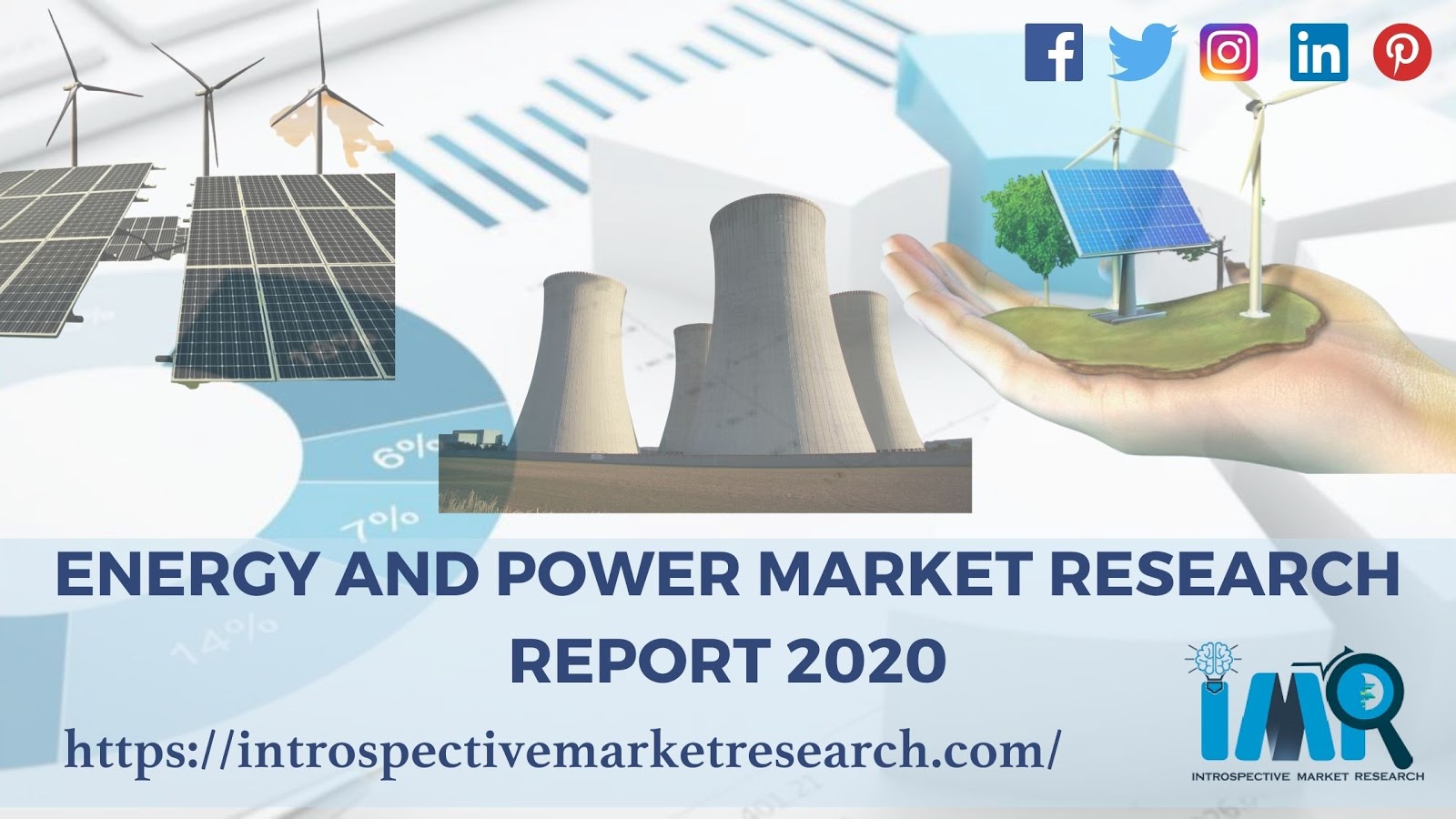Hanwha And OCI Aim For Larger Solar Market Share Amidst US Import Duties

Table of Contents
Hanwha Q CELLS' Strategic Moves in the US Solar Market
Hanwha Q CELLS, a leading solar panel manufacturer, is employing a multi-pronged approach to dominate the US solar market. Their strategy centers on circumventing import tariffs, offering superior products, and building strong partnerships.
-
Investment in US-based Manufacturing: Hanwha Q CELLS has significantly invested in building and expanding its US-based solar panel production facilities. This strategic move allows them to sidestep import duties and benefit from the Buy American provisions often included in government projects. This includes not just assembling panels, but also investing in crucial aspects of the photovoltaic (PV) manufacturing process.
-
Advanced Solar Cell Technology: The company focuses on producing high-efficiency solar cells, offering superior performance and potentially justifying a slightly higher price point compared to imported panels. This technological advantage solidifies their position as a provider of premium solar solutions within the US market. They are constantly innovating, focusing on improving energy conversion rates and overall panel durability.
-
Strategic Partnerships: Hanwha Q CELLS is actively forging strategic partnerships with major US solar installers and developers. This collaboration ensures a stable distribution channel and provides access to valuable market insights, directly influencing their product development and pricing strategies. These collaborations often incorporate joint marketing initiatives, boosting brand recognition.
-
Domestic Supply Chain: A key aspect of Hanwha's strategy involves establishing a robust domestic supply chain for crucial components. This reduces reliance on foreign suppliers, minimizes delays caused by import restrictions, and contributes to a more resilient and predictable manufacturing process. This initiative reduces risks associated with global supply chain disruptions.
-
Aggressive Marketing and Branding: Hanwha Q CELLS is investing heavily in marketing and branding to establish a strong presence in the US market. They’re highlighting their commitment to American jobs, environmentally friendly practices, and technological leadership in their promotional efforts, attracting environmentally conscious consumers and businesses.
OCI's Approach to Expanding its Solar Business in the US
OCI, a major producer of polysilicon—a crucial raw material for solar panel manufacturing—is taking a different, yet equally impactful, approach to expanding its US solar footprint.
-
Increased Polysilicon Production: OCI is significantly increasing its polysilicon production capacity to meet the soaring demand fueled by the growing US solar energy sector. This allows them to capitalize on the increasing need for domestic sourcing of this critical raw material. This is a strategic move towards securing a dominant market position in polysilicon supply.
-
High-Quality Solar Grade Polysilicon: OCI focuses on supplying high-quality solar-grade polysilicon to US solar manufacturers. This ensures consistent and reliable raw material for the domestic manufacturing base, crucial for maintaining stable production and predictable delivery times. Their commitment to quality helps foster trust and strong partnerships with US manufacturers.
-
Downstream Integration Potential: OCI is exploring potential investments in downstream solar manufacturing processes, aiming for increased vertical integration. This would solidify their control over the supply chain and further enhance their competitiveness within the US market.
-
Strategic Partnerships: Similar to Hanwha Q CELLS, OCI is pursuing partnerships with US-based solar companies, focusing on long-term supply agreements. This secures a dependable market for their polysilicon and provides valuable insights into the future demands of the US solar industry. These partnerships frequently include technology transfer and collaborative research & development initiatives.
-
Leveraging Existing Infrastructure: OCI leverages its existing infrastructure and expertise in the chemical industry to efficiently and effectively scale its solar-related operations. This provides a cost advantage and allows for quicker expansion and adaptation to market changes.
The Impact of US Import Duties on the Solar Industry
US import duties have profoundly impacted the solar industry, creating both challenges and opportunities.
-
Price and Availability: The tariffs have led to increased prices and reduced availability of solar panels, impacting the affordability and accessibility of solar energy for consumers and businesses. This has prompted many to seek domestically produced solutions.
-
Supply Chain Disruption: The tariffs have caused significant disruptions in the solar supply chain, creating delays in project timelines and increasing uncertainty for solar installers and developers. Companies are actively working on mitigating this by increasing domestic production and diversifying their sourcing.
-
Long-Term Implications: The long-term implications of these import duties remain uncertain, with potential impacts ranging from slowing the growth of the US solar market to accelerating domestic manufacturing and innovation. The outcome will significantly depend on future policy adjustments and market dynamics.
-
Domestic vs. Imported Panels: The cost-effectiveness of domestic versus imported panels is a complex calculation considering the tariffs, transportation costs, potential delays, and other factors. Domestic production is becoming increasingly attractive due to the avoidance of tariffs and the support of governmental incentives.
Navigating the Regulatory Landscape
The regulatory landscape plays a crucial role in shaping the strategies of Hanwha and OCI.
-
Government Policies and Incentives: Government policies and incentives, such as the Investment Tax Credit (ITC), significantly impact the attractiveness of domestic solar projects. These incentivize the use of domestic products and reduce the overall cost of solar energy installations.
-
Investment Tax Credits (ITC): The ITC plays a crucial role in supporting domestic solar projects, making them more economically viable and stimulating investment in domestic manufacturing and installation. This is directly incentivizing companies like Hanwha and OCI to increase their presence within the domestic market.
-
Evolving Regulatory Landscape: The US regulatory landscape for solar energy is constantly evolving. Staying abreast of policy changes is critical for companies like Hanwha and OCI to adapt their strategies and effectively navigate the market. This requires continuous monitoring of proposed legislative and regulatory changes.
Conclusion
Hanwha Q CELLS and OCI are strategically positioning themselves for significant growth in the US solar market despite the challenges posed by import duties. Their investments in domestic manufacturing capabilities, focus on advanced technologies, and strategic partnerships are key factors in their pursuit of increased market share. The success of their strategies will significantly influence the future of the US solar energy industry.
Call to Action: Stay informed about the latest developments in the US solar market and the continued efforts of companies like Hanwha and OCI to expand their influence. Follow this space for further updates on the evolving landscape of Hanwha and OCI's impact on the US solar industry and the long-term implications of import duties on the sector.

Featured Posts
-
 Medine En Concert Le Grand Est Subventionne La Droite S Insurge
May 30, 2025
Medine En Concert Le Grand Est Subventionne La Droite S Insurge
May 30, 2025 -
 Alcarazs Monte Carlo Conquest Musetti Forced To Retire
May 30, 2025
Alcarazs Monte Carlo Conquest Musetti Forced To Retire
May 30, 2025 -
 Jon Jones Unable To Move Past The Daniel Cormier Feud
May 30, 2025
Jon Jones Unable To Move Past The Daniel Cormier Feud
May 30, 2025 -
 Jacob Alon One To Watch In Industry Field
May 30, 2025
Jacob Alon One To Watch In Industry Field
May 30, 2025 -
 Reembolso Ticketmaster Cancelacion Festival Axe Ceremonia 2025
May 30, 2025
Reembolso Ticketmaster Cancelacion Festival Axe Ceremonia 2025
May 30, 2025
